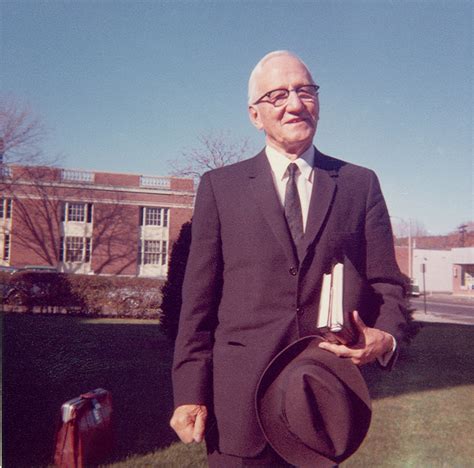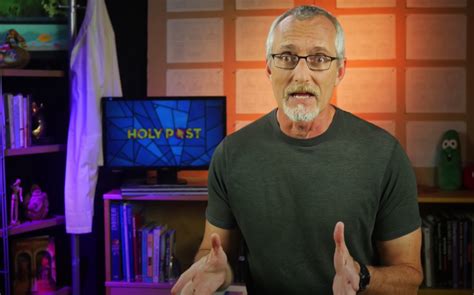A Quote by Ta-Nehisi Coates
Racism is not merely a simplistic hatred. It is, more often, broad sympathy toward some and broader skepticism toward others.
Related Quotes
We must move from ... the primacy of technology toward considerations of social justice and equity, from the dictates of organizational convenience toward the aspirations ofself realization and learning, from authoritarianism and dogmatism toward more participation, from uniformity and centralization toward diversity and pluralism, from the concept of work as hard and unavoidable, from life as nasty, brutish, and short toward work as purpose and self~fulfillment, a recognition of leisure as a valid activity in itself.
Patanjali said that when you are steadfast in your abstention of thoughts of harm directed toward yourself and others, all living creatures will cease to feel fear in your presence. Steadfast means you never slip. I think my mission is to support people in being steadfast in not having thoughts of harm - thoughts of judgment, worry, or hatred - directed toward themselves or others.
All do not develop in the same manner, or at the same pace. Nations, like men, often march to the beat of different drummers, and the precise solutions of the United States can neither be dictated nor transplanted to others. What is important is that all nations must march toward increasing freedom; toward justice for all; toward a society strong and flexible enough to meet the demands of all its own people, and a world of immense and dizzying change.
As you begin to feel this enormous shift of consciousness, called multisensory perception, emerging in your awareness, you begin to reorient yourself. It's a reorientation that occurs toward yourself as more than a mind and a body; it's a reorientation that occurs toward others; toward your life as meaningful, rather than predetermined. It's a reorientation that occurs toward the universe as alive, wise and compassionate, instead of inert (which means dead) and random.
I do think American culture has shifted a little bit away from the contemplative more toward the visual, more toward the emotional, and more toward the expressive. I don't think there's a lot that can be done about that. We just have to understand that it's the product of technology and of the way people live now.

































